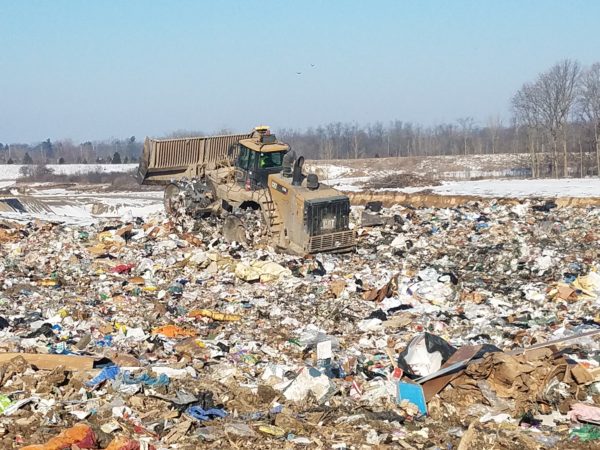
Just like any other industry, the waste industry has certain terms that only make sense to us. We try to keep the jargon out of our communications, but you may see some of these terms pop up on our sites and in other places around the internet. Here’s a brief description of some of the most commonly used terms in the world of waste.
Bulk—A waste item that is larger than what would fit in a trash bag, such as an appliance or furniture, can be either a small bulk or large bulk
Compaction—The process of making waste denser by pushing it together, can happen in a waste or recycling truck, stand-alone compactor unit or in the landfill using a compactor vehicle
Curbside—A type of trash, recycling or yard waste collection in which material is picked up near the road outside a home or business
Dump—An unregulated, illegal waste disposal site with no environmental protections
Dumpster—Originally a brand name (Dempster’s Dumpsters), now used as a generic term to describe large metal front-load or rear-load waste containers
E-waste—Electronic waste such as televisions and computers
Garbage—Animal and vegetable waste resulting from the handling, storage, sale, preparation, cooking and serving of foods (in practice also used to describe general household trash)
Hazardous Waste—Waste material specifically defined by regulation because it may pose a present or potential hazard to human health or the environment if improperly managed
Household Hazardous Waste—Commonly available consumer products used and disposed of by residential as opposed to industrial consumers, including paints, stains, varnishes, solvents, pesticides and other materials or products exhibiting potentially hazardous properties
Landfill—A heavily regulated, lined disposal site where waste is buried, and controls are in place to avoid contamination of the earth, groundwater and air
Recycling—Recovering and reprocessing usable products that might otherwise become waste
Rubbish—Solid waste, excluding food waste and ashes, from homes, institutions, and workplaces (in practice also used to describe general household trash)
Solid Waste—Garbage, rubbish, ashes, incinerator ash, incinerator residue, street cleanings, municipal and industrial sludges, solid commercial waste, solid industrial waste and animal waste
Transfer Station—A heavily regulated site where solid waste is received and aggregated for transfer to another location (typically a landfill)
Trash—Material considered worthless or offensive that is thrown away, generally defined as dry waste material, but in common usage it is a synonym for garbage or rubbish or refuse
Waste—Unwanted materials which are discarded
Yard Waste—Leaves, grass clippings, weeds and small branches
Zero Waste—The concept of ensuring all discarded materials are used as resources rather than thrown away
